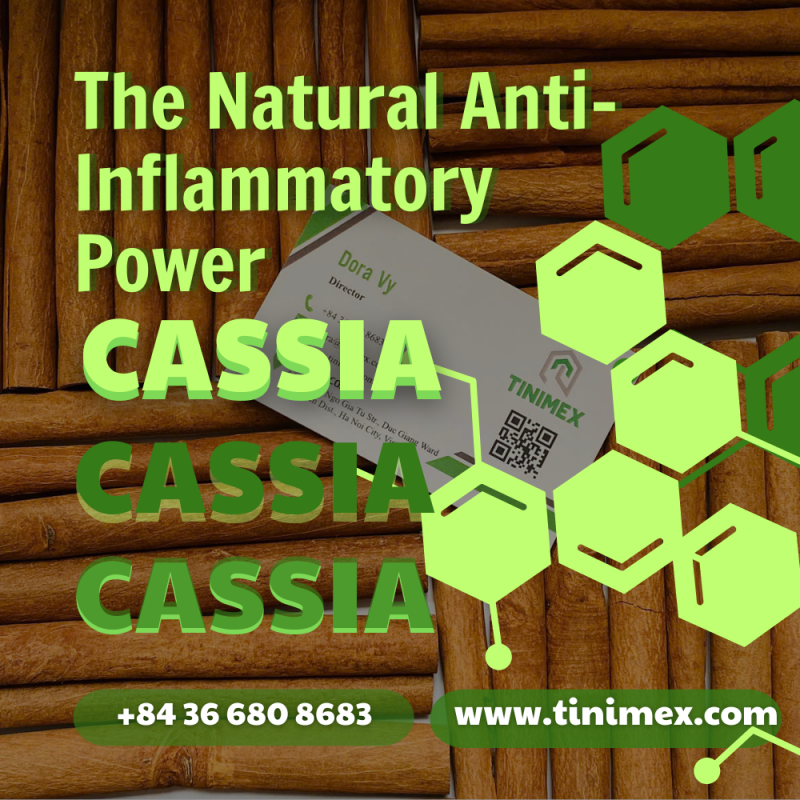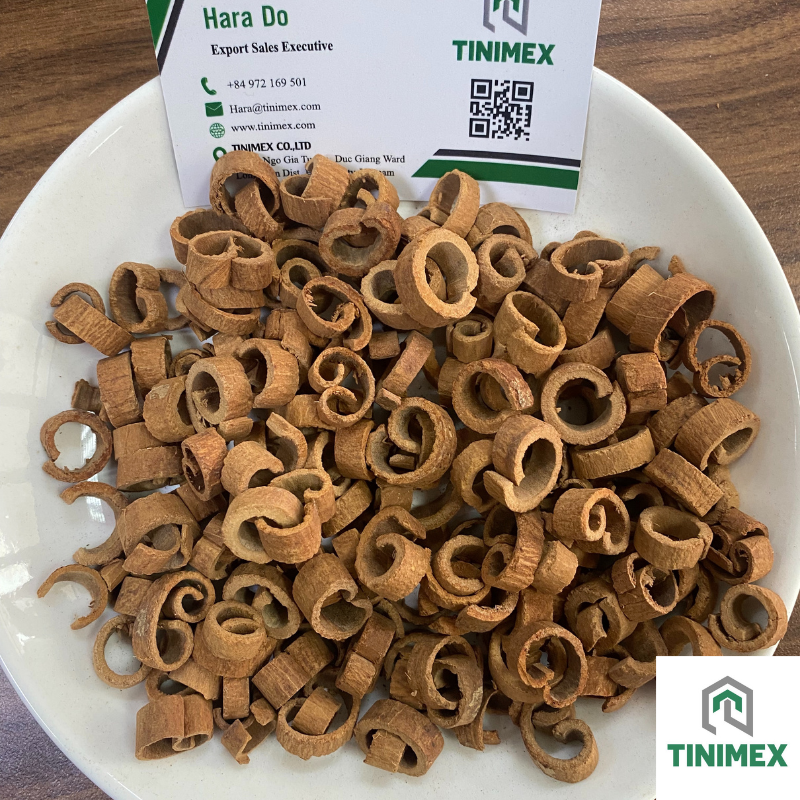Cinnamon – The Natural Anti-Inflammatory Powerhouse You Should Know About
What is Cinnamon?
Cinnamon is a spice derived from the inner bark of trees belonging to the genus Cinnamomum. It has been used for thousands of years, not only as a flavorful addition to food but also for its medicinal properties. There are two main types of cinnamon:
-
Ceylon Cinnamon (True Cinnamon): Known for its delicate flavor and lower coumarin content.
-
Cassia Cinnamon: More common and stronger in flavor but contains higher levels of coumarin, which can be harmful in large doses.
Both types contain compounds that contribute to cinnamon’s health benefits, but Ceylon cinnamon is often preferred for regular consumption due to its safety profile.
In a world where synthetic medicines are widely used to treat inflammation, many people are turning back to nature for safer, more holistic remedies. Among the most powerful natural solutions is cinnamon, a spice not only revered for its distinctive flavor but also for its anti-inflammatory properties. In this article, we’ll uncover the cinnamon anti-inflammatory benefits, how it works, and why this humble spice might just be the secret weapon your health needs.
What Is Inflammation and Why Should You Care?
Inflammation is your body’s natural response to injury or infection. It helps to fight off harmful pathogens and begins the healing process. However, chronic inflammation—caused by stress, unhealthy diets, or environmental toxins—can lead to serious health problems such as heart disease, diabetes, and arthritis.
That’s where natural anti-inflammatory agents like cinnamon come in. Unlike pharmaceutical drugs that may have side effects, cinnamon offers a gentle yet effective way to manage inflammation naturally.
The Science Behind Cinnamon’s Anti-Inflammatory Power
Cinnamon contains several bioactive compounds, including cinnamaldehyde, cinnamic acid, and cinnamate, which are responsible for its anti-inflammatory effects. These compounds work by:
-
Inhibiting pro-inflammatory molecules: Cinnamon reduces the production of cytokines and enzymes that promote inflammation.
-
Reducing oxidative stress: Its antioxidant properties help neutralize free radicals, which can trigger inflammatory responses.
-
Modulating immune response: Cinnamon can help balance the immune system, preventing excessive inflammation.
Multiple scientific studies have demonstrated cinnamon’s ability to lower markers of inflammation in the body, making it a promising natural alternative or complement to conventional anti-inflammatory drugs.

Health Benefits of Cinnamon Related to Inflammation
1. Arthritis Relief
Arthritis, especially rheumatoid arthritis, is characterized by joint inflammation and pain. Studies suggest that cinnamon may help reduce joint swelling and discomfort by suppressing inflammatory pathways. Regular cinnamon intake could potentially improve mobility and quality of life for arthritis sufferers.
2. Heart Health
Chronic inflammation is a key factor in the development of cardiovascular diseases. Cinnamon’s anti-inflammatory and antioxidant effects can help reduce inflammation in blood vessels, lower blood pressure, and improve cholesterol levels, thereby supporting overall heart health.
3. Diabetes Management
Inflammation plays a significant role in insulin resistance and type 2 diabetes. Cinnamon has been shown to improve insulin sensitivity and reduce inflammatory markers in diabetic patients, helping to regulate blood sugar levels more effectively.
4. Neuroprotective Effects
Inflammation in the brain is linked to neurodegenerative diseases such as Alzheimer’s and Parkinson’s. Preliminary research indicates that cinnamon’s anti-inflammatory compounds may protect brain cells and improve cognitive function.
5. Gut Health
Chronic inflammation in the digestive tract can lead to conditions like inflammatory bowel disease (IBD). Cinnamon’s anti-inflammatory and antimicrobial properties may aid in soothing the gut lining and promoting a healthy microbiome.
How to Use Cinnamon as a Natural Anti-Inflammatory
Incorporating cinnamon into your daily routine is simple and delicious. Here are some practical tips:
Culinary Uses
-
Sprinkle on oatmeal or yogurt: Add a teaspoon of cinnamon powder to your breakfast for a flavorful anti-inflammatory boost.
-
Add to smoothies: Blend cinnamon into fruit or vegetable smoothies.
-
Use in baking: Cinnamon enhances the taste of baked goods like muffins, breads, and cookies.
-
Flavor your coffee or tea: Stir cinnamon sticks or powder into hot beverages.
Supplements
For those seeking concentrated benefits, cinnamon supplements are available in capsule or extract form. However, it’s important to choose high-quality products and consult a healthcare provider before starting any supplement regimen.
Dosage and Safety
Moderate amounts of cinnamon are generally safe for most people. The recommended daily intake is about 1 to 2 teaspoons of cinnamon powder or up to 120 mg of cinnamon extract. Avoid excessive consumption, especially of cassia cinnamon, due to the risk of coumarin toxicity, which can affect liver health.
Conclusion
Cinnamon is more than just a fragrant spice; it is a powerful natural weapon against inflammation. Its anti-inflammatory, antioxidant, and immune-modulating properties make it an excellent addition to a healthy lifestyle aimed at preventing and managing chronic inflammatory conditions.
By incorporating cinnamon into your diet or supplement routine, you can harness its natural benefits to support joint health, heart function, blood sugar regulation, brain health, and digestive wellness. Always remember to choose high-quality cinnamon and consult with healthcare professionals if you have underlying health conditions or are on medication.
Discover the power of cinnamon today and take a natural step toward a healthier, inflammation-free life!



